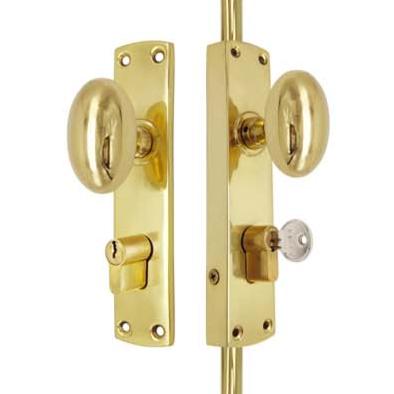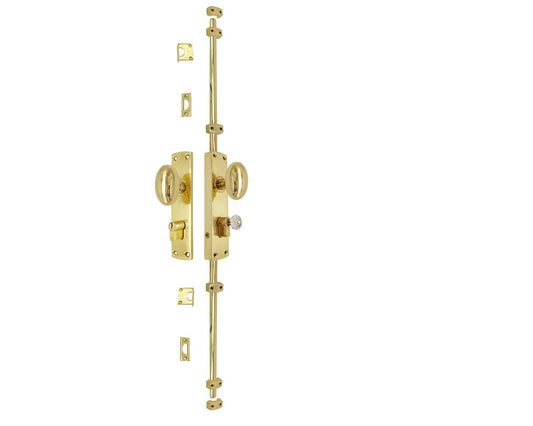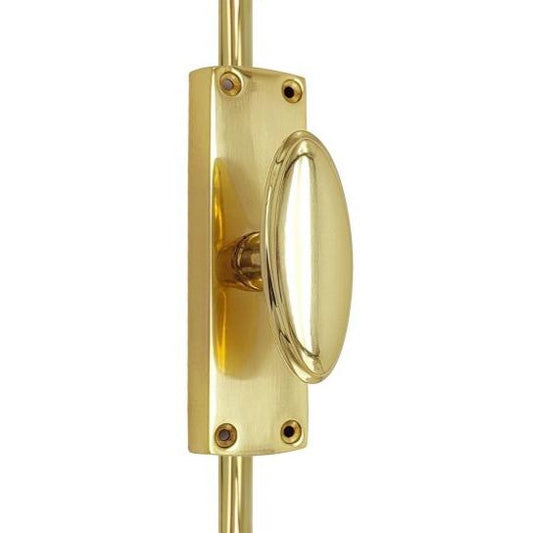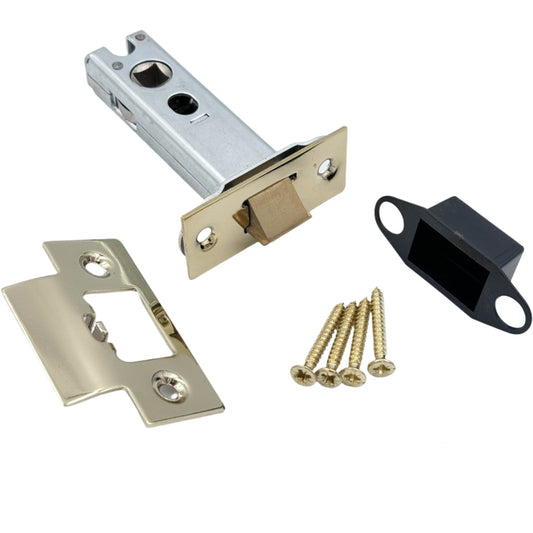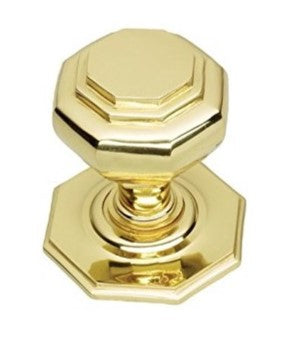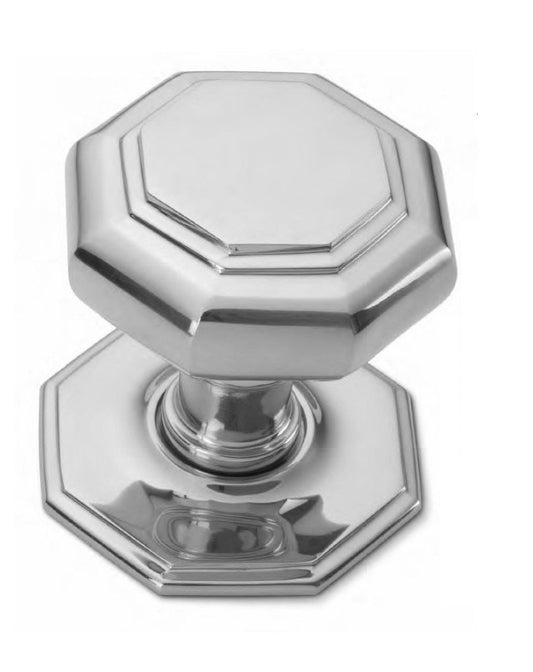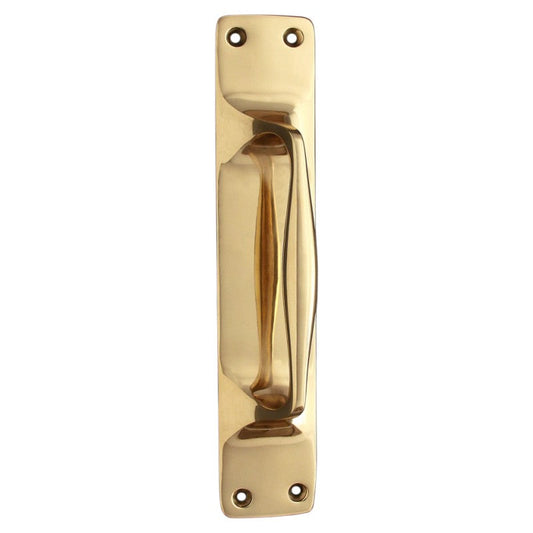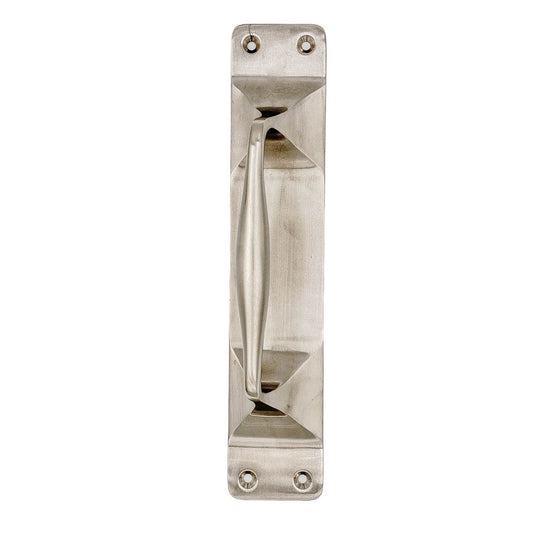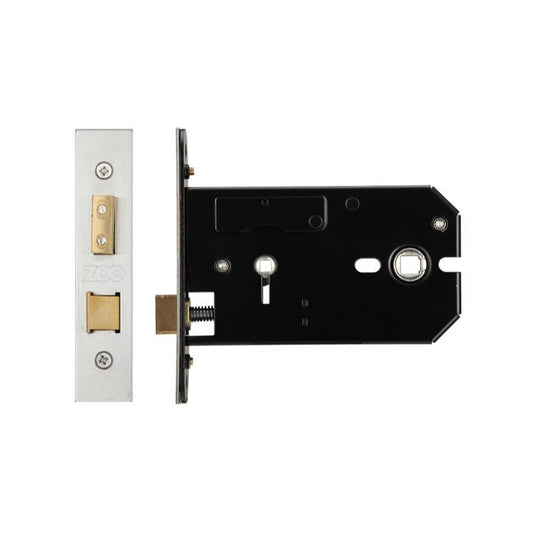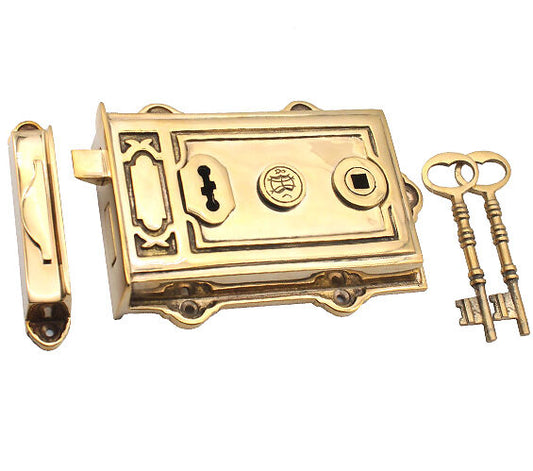How to Select Ironmongery for Different Doors in a Project
Ironmongery, or architectural hardware, plays a crucial role in the functionality and aesthetics of doors in any building project. From hinges and locks to handles and closers, selecting the right ironmongery involves several considerations to ensure safety, durability, and style. Here’s a comprehensive guide to help you choose the right ironmongery for different doors in your project.
Property Type: Residential vs. Commercial
The type of property significantly influences your choice of ironmongery.
Residential Properties: For homes, aesthetics often take precedence alongside functionality. Choose elegant designs that complement the interior décor, while ensuring robust security features. Residential ironmongery tends to be lighter, with a focus on style and ease of use.
Commercial Properties: In commercial settings, durability and security are paramount. Products should withstand high traffic and rigorous use. Consider features like automatic door closers, heavy-duty locks, and accessibility hardware. Fire-rated ironmongery is often a requirement in commercial buildings.
Architectural Door Plan
A detailed architectural door plan is essential. It outlines the size, type, and position of each door, providing a blueprint for selecting compatible ironmongery. This plan ensures that all hardware fits seamlessly and functions correctly within the door's design and the building's layout.
Standards and Regulations
Depending on your geographic location, adhere to relevant standards such as BS EN (British and European Standards) or ANSI (American National Standards Institute).
BS EN Standards: Commonly used in the UK and Europe, these standards cover aspects like performance, durability, and safety. Ensure your ironmongery complies with BS EN standards for reliability and regulatory approval.
ANSI Standards: Predominantly used in the US, ANSI standards are essential for ensuring product quality and safety. If your project is in the US, selecting ANSI-certified products guarantees compliance with national regulations.
Fire Safety
Fire safety is a critical consideration, especially in commercial properties. Fire-rated ironmongery includes door closers, intumescent seals, and panic hardware designed to withstand high temperatures and prevent the spread of fire. Verify that these products meet the necessary fire safety standards and are compatible with the door's fire rating.
Door Handing
Understanding door handing is vital for selecting the correct hardware. Many ironmongery products are handed, meaning they are designed for either left-hand or right-hand doors. Ensure you correctly identify the handing of each door to avoid installation issues and ensure proper operation.
Material Selection: External vs. Internal Use
The environment where the door will be used determines the choice of material for ironmongery.
External Doors: Use materials that resist weathering and corrosion, such as stainless steel or brass. These materials offer durability and require minimal maintenance.
Internal Doors: For interior doors, you can choose from a broader range of materials, including brass, bronze, and even high-quality plastics. Focus on style and finish to match the interior design.
Matching Color and Style
Ironmongery should enhance the building's interior design. Coordinate the color and style of handles, locks, and other hardware with the overall décor. Popular finishes include polished chrome, brushed nickel, antique brass, and matte black. Consistency in style and finish across all doors ensures a cohesive and professional look.
Compatibility with Door's Weight and Size
Ensure that the ironmongery selected is compatible with the door's weight and size. Heavy doors require robust hinges and door closers designed to support their weight without sagging or failing. Light doors can use standard hardware, but always check the manufacturer's specifications for weight limits and size compatibility.
Choosing the Right Ironmongery Partner
Selecting a reputable ironmongery supplier is the first step. Look for partners with a proven track record, extensive product range, and strong technical support. Reliable suppliers offer high-quality products, professional advice, and after-sales service. They should be knowledgeable about current standards and regulations, and capable of providing customized solutions to meet your project's specific needs.
Conclusion
Selecting the right ironmongery ensures functionality and aesthetics. Consider property type, adhere to standards like BS EN or ANSI, prioritize fire safety, and ensure compatibility with door handling and weight. Choose materials for internal or external use and match the style to the design. EuroArt UK Ltd , a leading name in architectural ironmongery in the UK and the Middle East, can help you plan top-quality ironmongery for your projects. Read the full article for detailed guidance.
